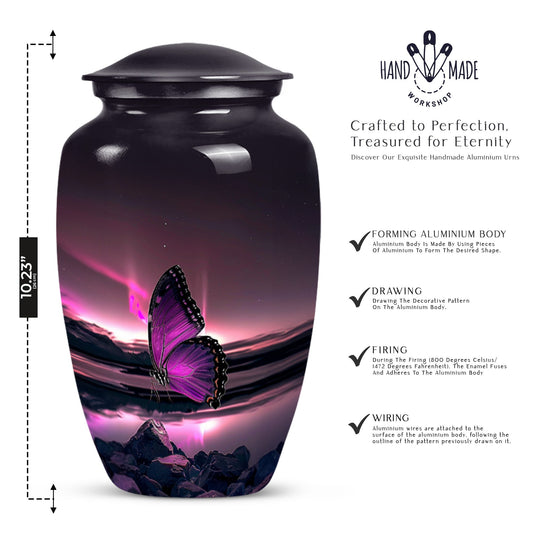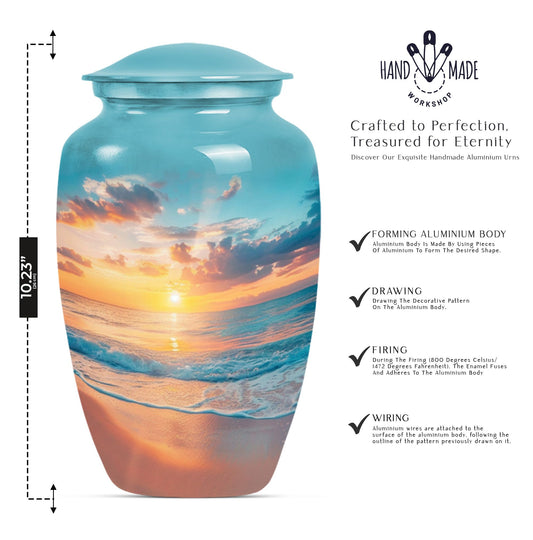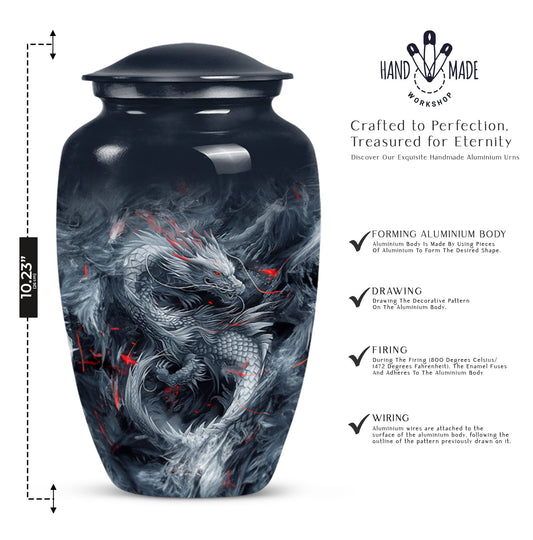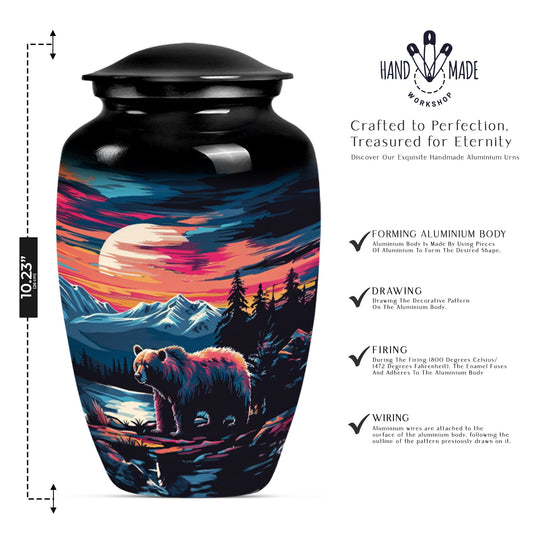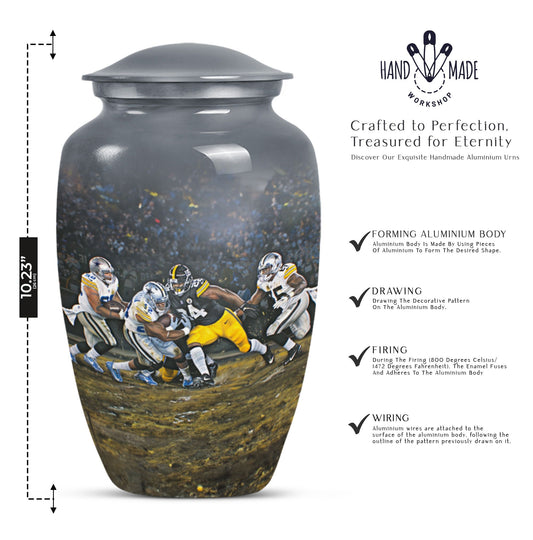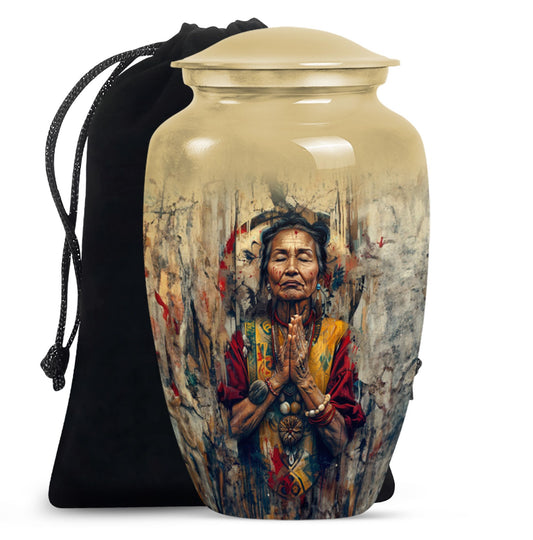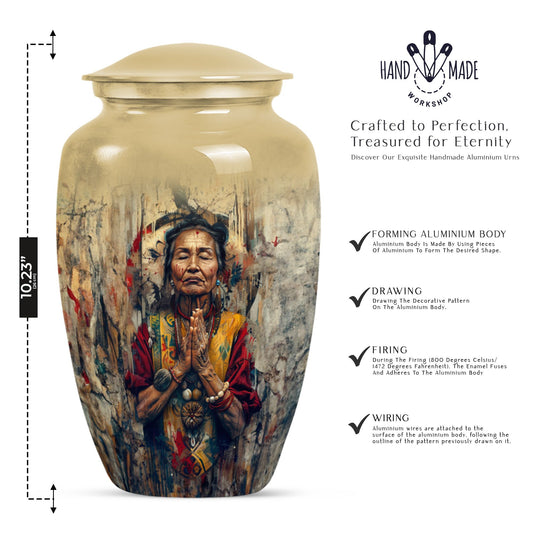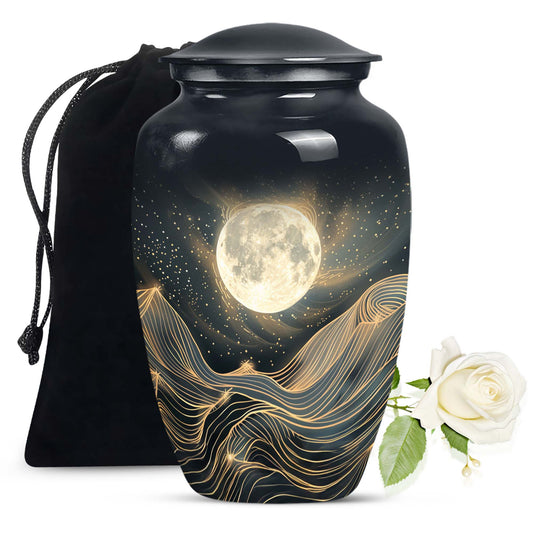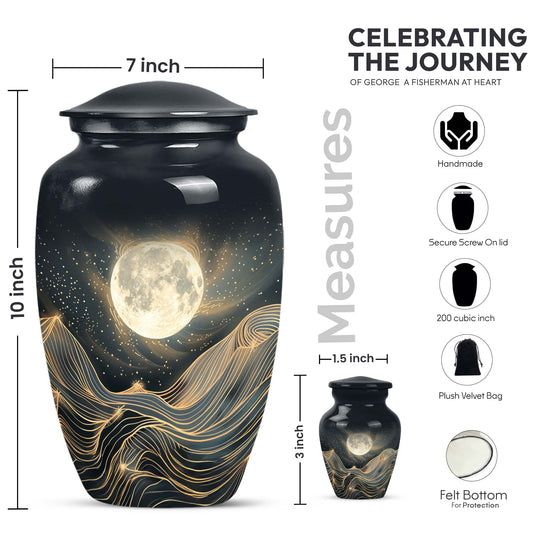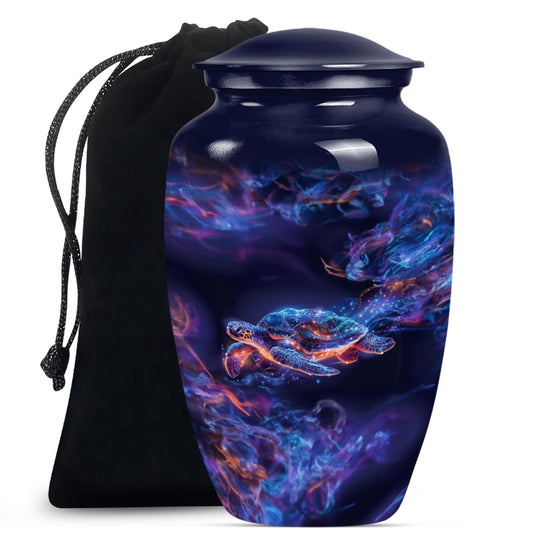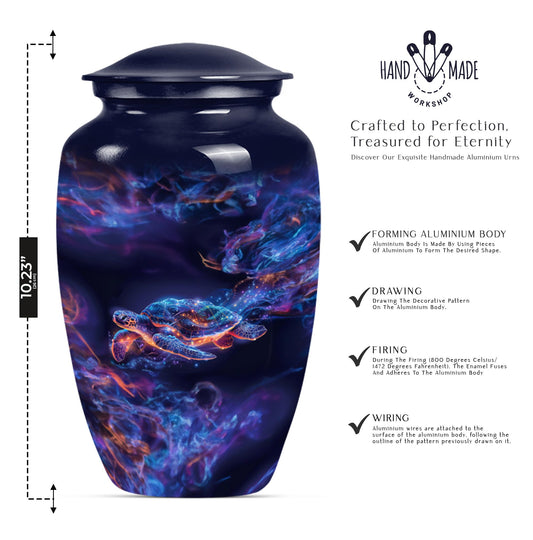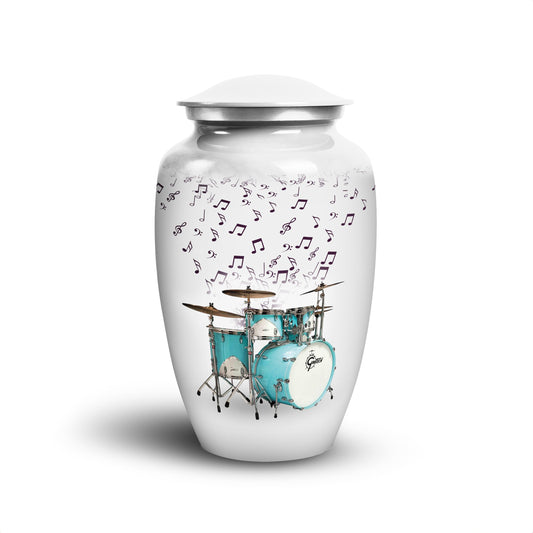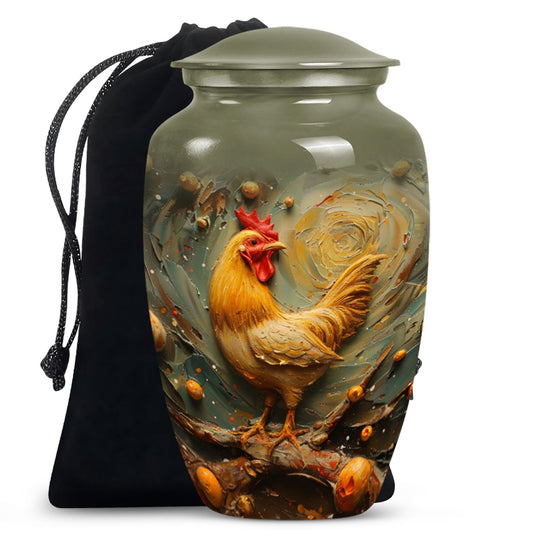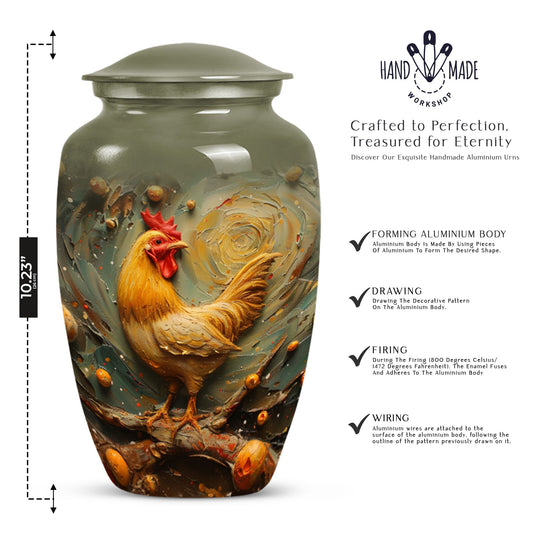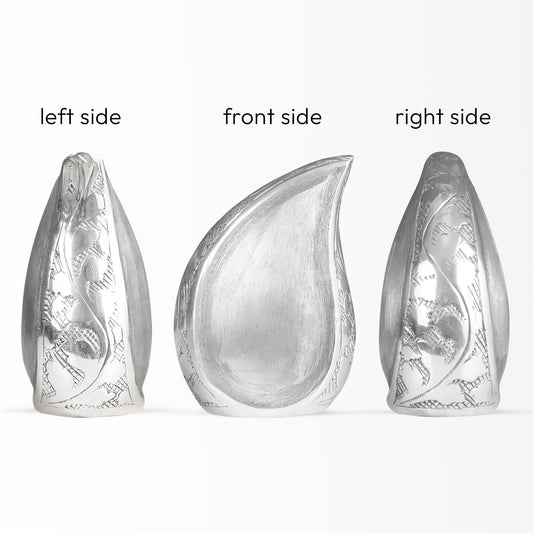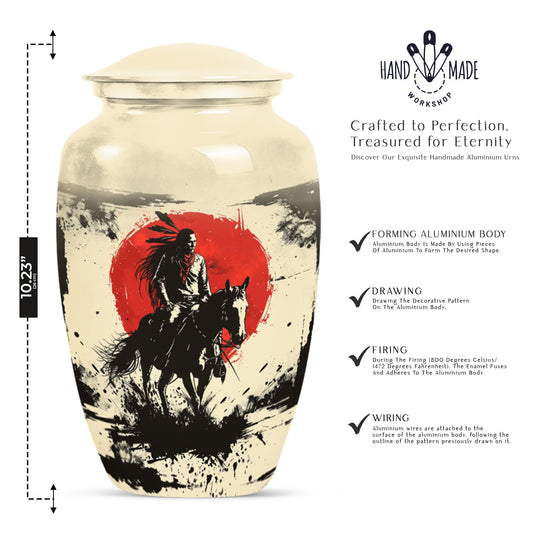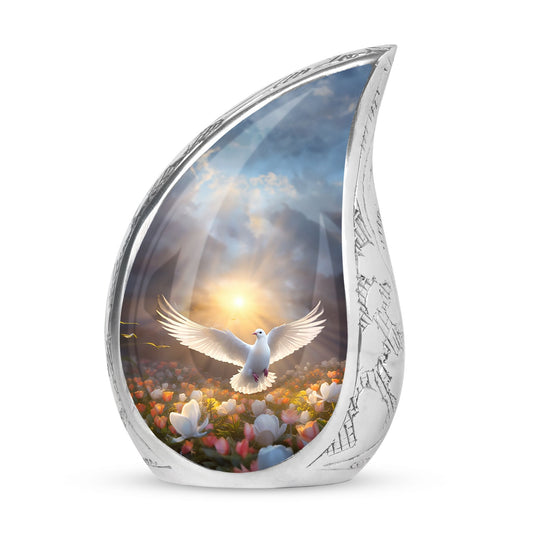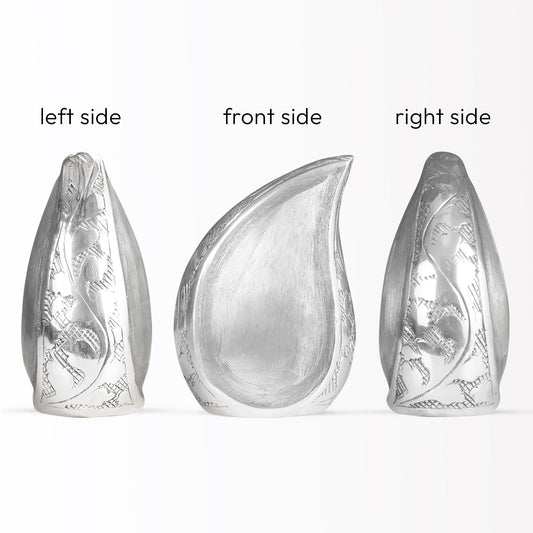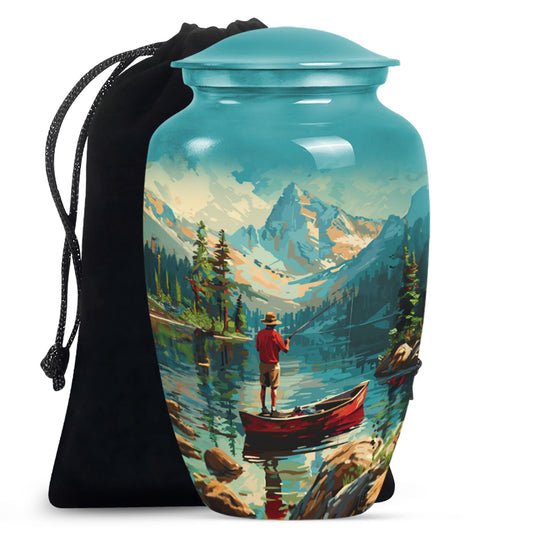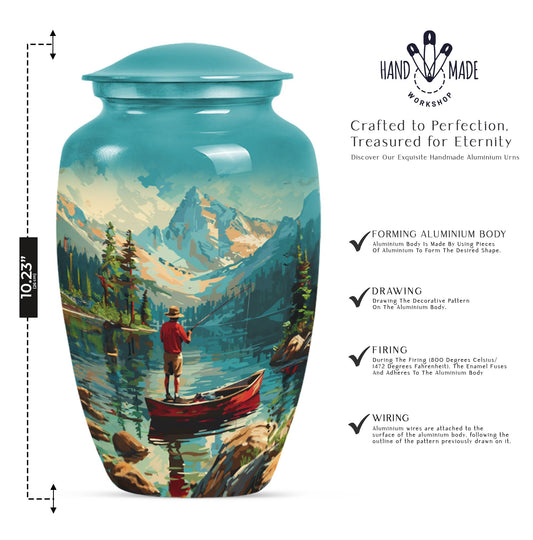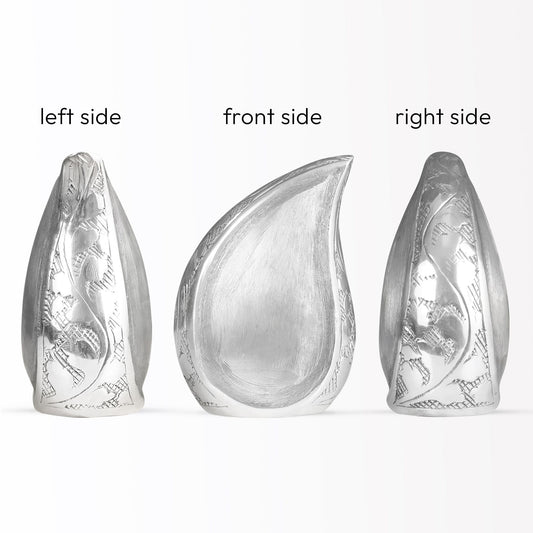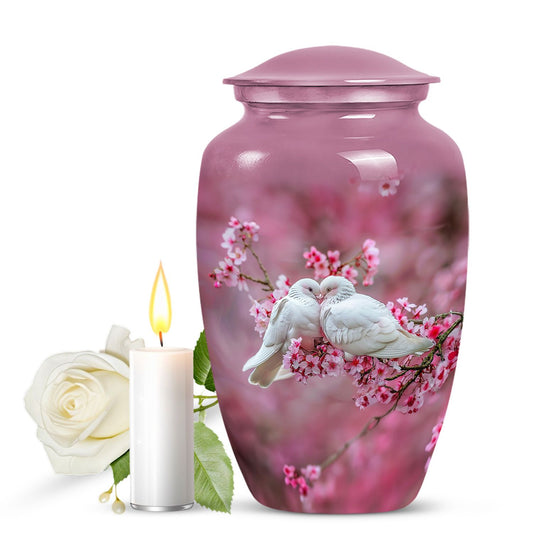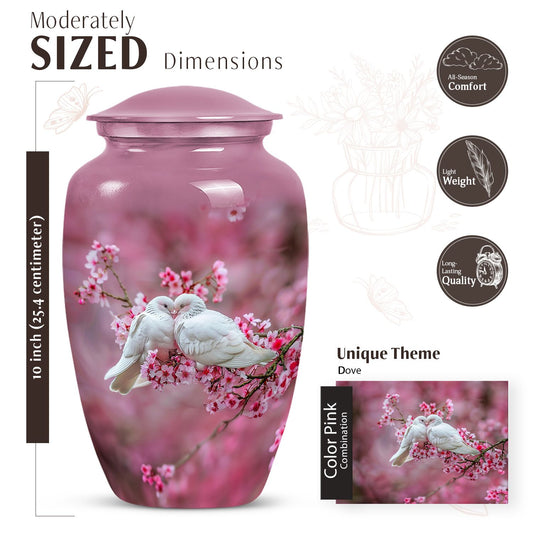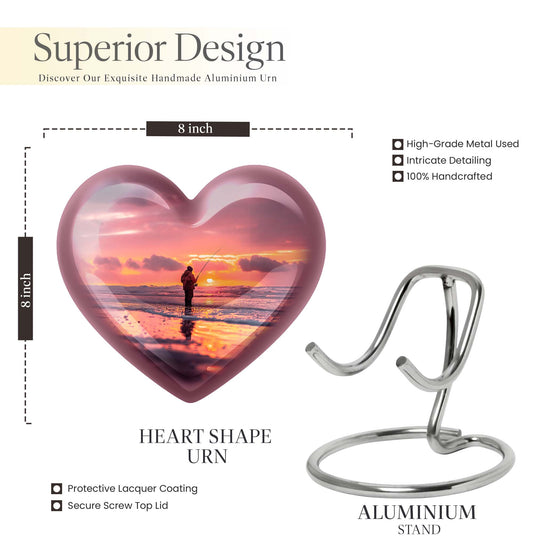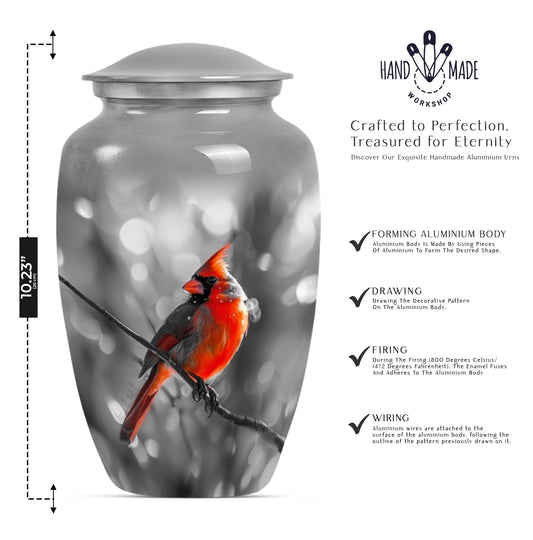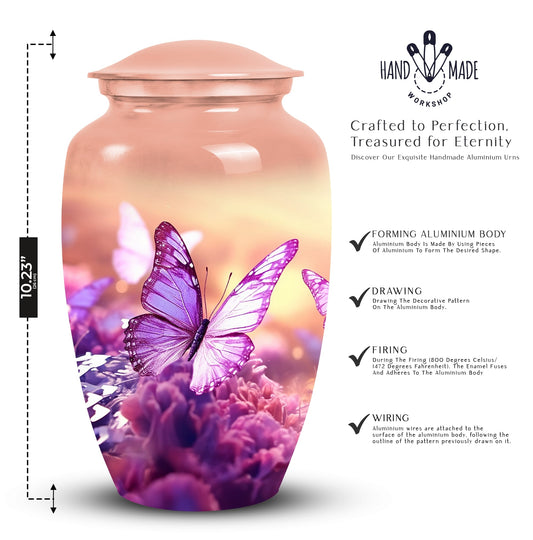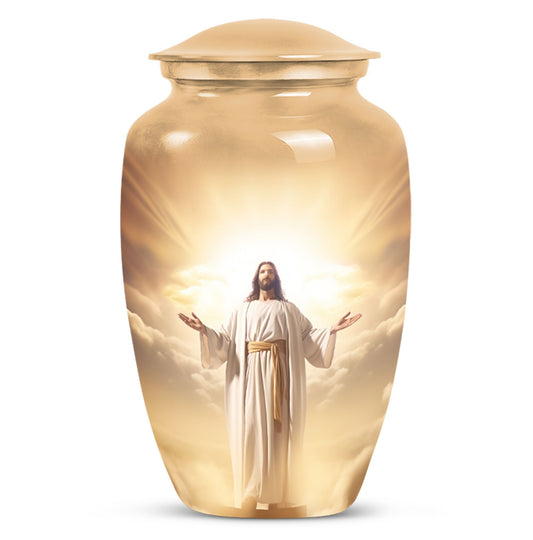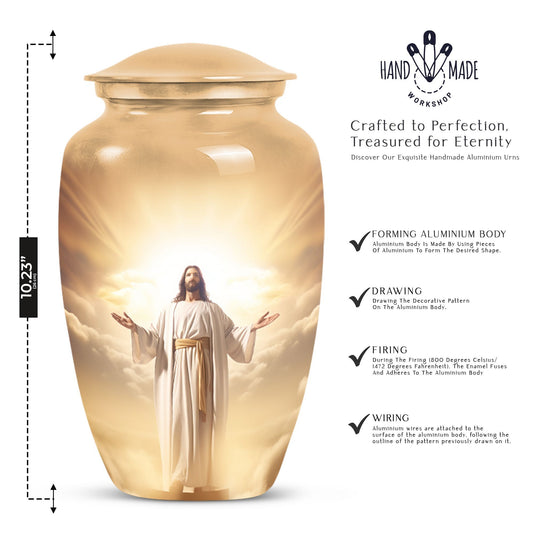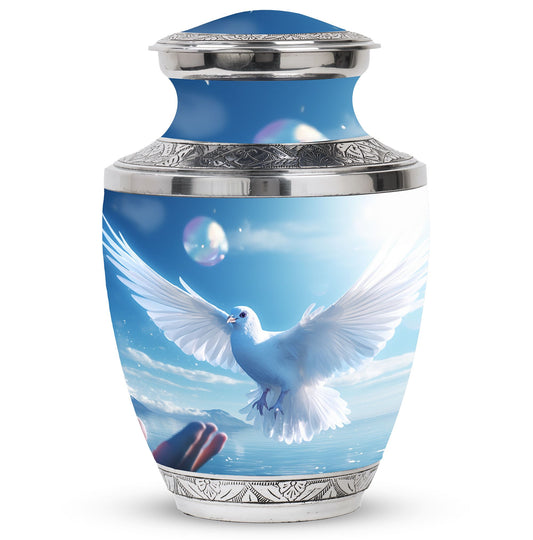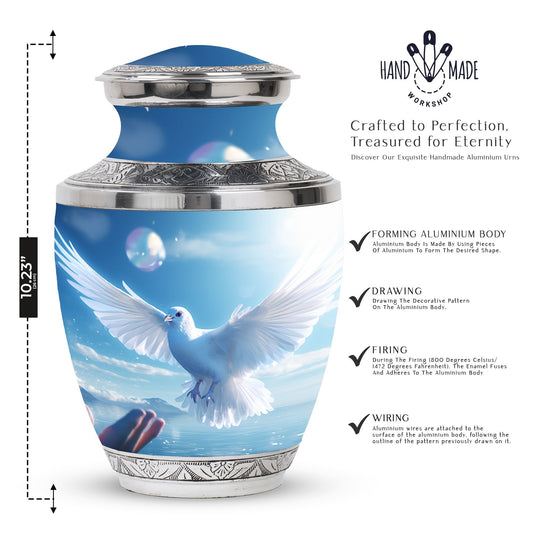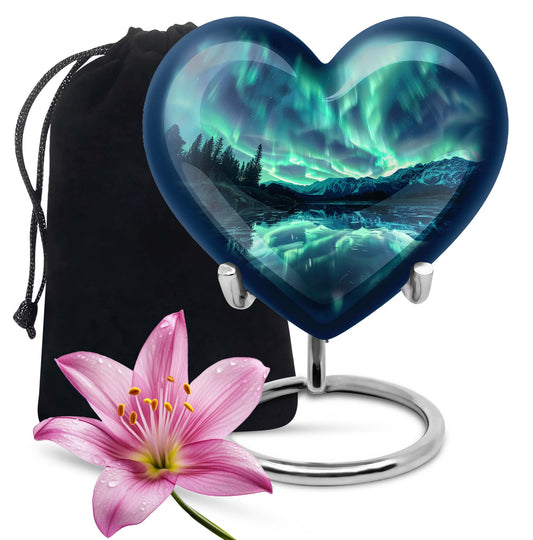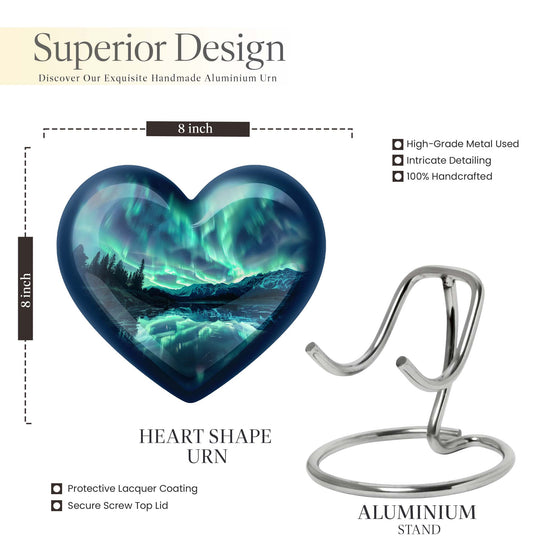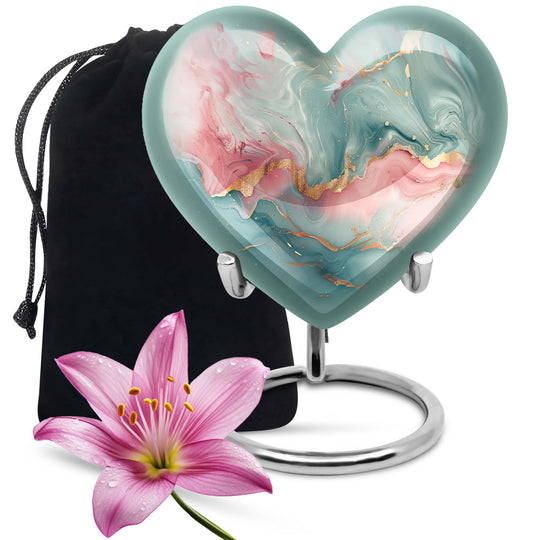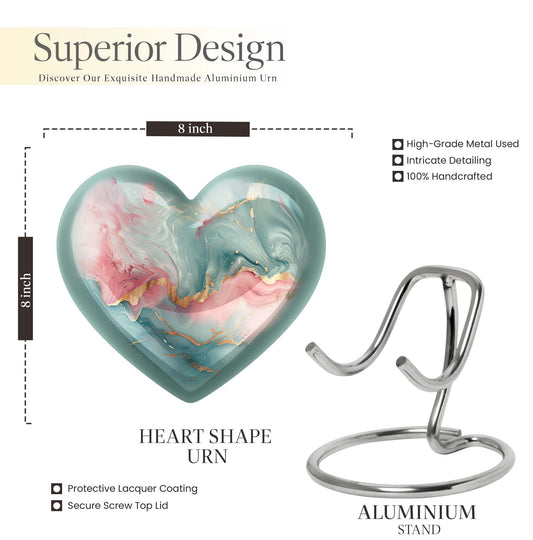Popular Urns
Cremation Or Burial - Meaning, History, Significance, Cost, Environmental Considerations

Cremation Or Burial
The choice between cremation and burial is a deeply personal one, often influenced by cultural, religious, and personal preferences. Both methods have been practiced for centuries and each has its own set of advantages and considerations. In this blog, we will explore the key differences between cremation and burial, their benefits, and some factors to consider when making this important decision.

Historical Context
Burial is a traditional method of body disposition that has been practiced for thousands of years. From the ancient Egyptians to modern-day practices, burial has been a way to honor and remember the deceased. It involves placing the body in a casket and interring it in the ground, often in a cemetery.
Cremation has also been practiced for centuries, particularly in cultures such as Hinduism and Buddhism where it is seen as a means to release the soul from the physical body. Cremation involves reducing the body to ashes through a high-temperature burning process. These ashes can then be stored in an urn, scattered, or buried.
Cost Considerations
One of the most significant factors influencing the decision between cremation and burial is cost.
Burial Costs: Traditional burials can be quite expensive. Costs typically include the casket, burial plot, headstone, and funeral services. The total can range from $7,000 to $12,000 or more, depending on the choices made.
Cremation Costs: Cremation is generally less expensive than burial. The cost of cremation usually ranges from $2,000 to $5,000, which includes the cremation process, a basic urn, and a memorial service if desired. However, additional services and elaborate urns can increase this cost.

Environmental Impact
Another critical consideration is the environmental impact of each method.
Burial Impact: Traditional burials can have a significant environmental footprint. The production of caskets, the use of embalming chemicals, and the maintenance of cemeteries all contribute to environmental concerns. Additionally, land use for cemeteries can be extensive, particularly in urban areas where space is limited.
Cremation Impact: Cremation is often considered a more environmentally friendly option. However, it is not without its impacts. The cremation process requires a significant amount of energy and can release pollutants into the atmosphere. That said, modern crematories have implemented technologies to reduce emissions, and there are alternative methods such as water cremation (alkaline hydrolysis) that have a lower environmental impact.
Flexibility and Memorialization
Burial: Burials offer a permanent and tangible place for family and friends to visit and remember their loved ones. Cemeteries often provide a peaceful and serene environment for reflection and memorialization. This permanence can be comforting for some people, knowing there is a specific place to pay their respects.
Cremation: Cremation offers more flexibility in terms of memorialization. Ashes can be kept in an cremation urn at home, scatter ashes in a meaningful location, or even incorporated into keepsake jewelry or art. This flexibility allows families to create personalized and unique ways to remember their loved ones. Additionally, cremated remains can still be buried in a cemetery, offering the best of both worlds.

Religious and Cultural Beliefs
Religious and cultural beliefs play a significant role in the decision between cremation and burial.
Burial: Many religions, such as Christianity, Judaism, and Islam, have traditions that favor burial. These traditions often include specific rituals and customs that are important to adherents.
Cremation: Some religions, such as Hinduism and Buddhism, prefer cremation. In these cultures, cremation is seen as a way to release the soul from the physical body and begin its journey to the afterlife.
It's important to consider your own religious or cultural beliefs, as well as those of your family, when making this decision.
Emotional and Psychological Factors
The emotional and psychological impact of choosing cremation or burial should not be underestimated.
Burial: For some, the idea of a traditional burial provides a sense of closure and continuity. The physical presence of a grave can be a source of comfort, offering a place to visit and remember the deceased. The rituals associated with burial can also be an important part of the grieving process.
Cremation: Cremation can offer a different kind of closure. The flexibility in memorialization options allows families to choose a method that feels most meaningful to them. For some, keeping a small portion of the ashes in a keepsake or scattering them in a significant location can provide a deep sense of connection and peace.
Making the Decision
Choosing between cremation and burial is a deeply personal decision that depends on a variety of factors, including cost, environmental impact, religious and cultural beliefs, and personal preferences. Here are some tips to help you make the decision:
1. Consider Your Budget: Determine what you can afford and what services are most important to you.
2. Reflect on Your Values: Think about what matters most to you and your family. This might include environmental concerns, religious beliefs, or the type of memorialization you prefer.
3. Talk to Family Members: Discuss your thoughts and preferences with family members to ensure that everyone is on the same page.
4. Seek Professional Advice: Funeral directors and planners can provide valuable insights and help you navigate the options available.
Conclusion
Ultimately, there is no right or wrong choice between cremation and burial. Both methods offer unique benefits and considerations, and the best choice is the one that aligns with your values, beliefs, and circumstances. By carefully considering the factors discussed in this blog, you can make an informed and thoughtful decision that honors your loved one and provides peace of mind for you and your family.
Also Read Our Recent Blog Posts :
Guide to Scattering Ashes: Creating a Peaceful and Meaningful Ceremony
How to Choose the Right Size Cremation Urn for Your Pet
Why Buy Cremation Urns Online?


